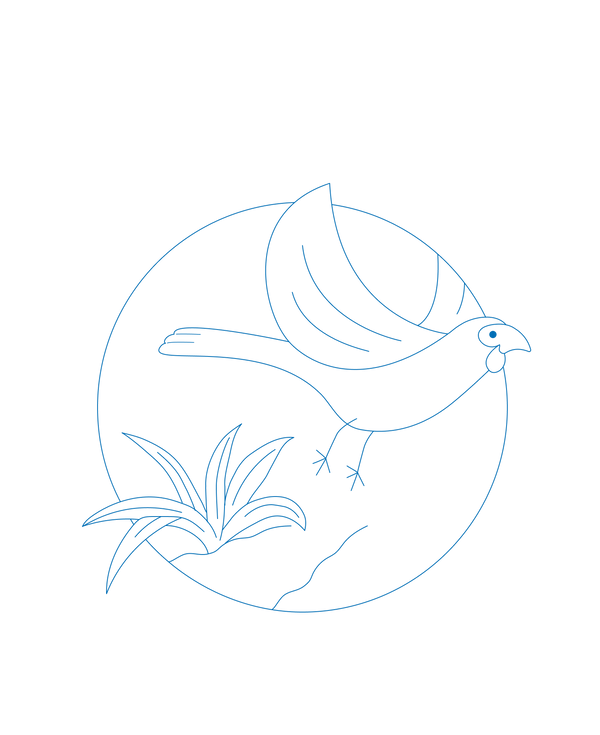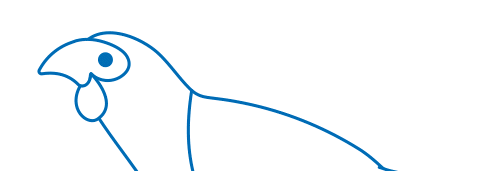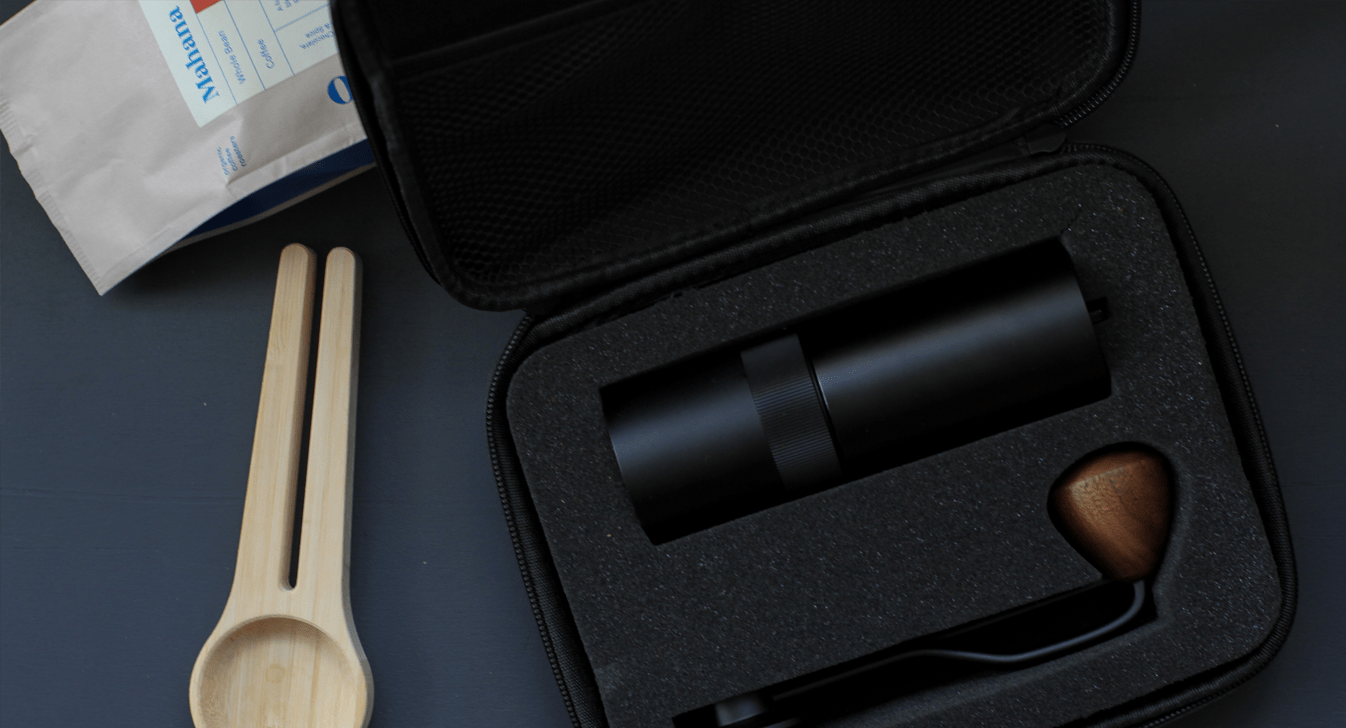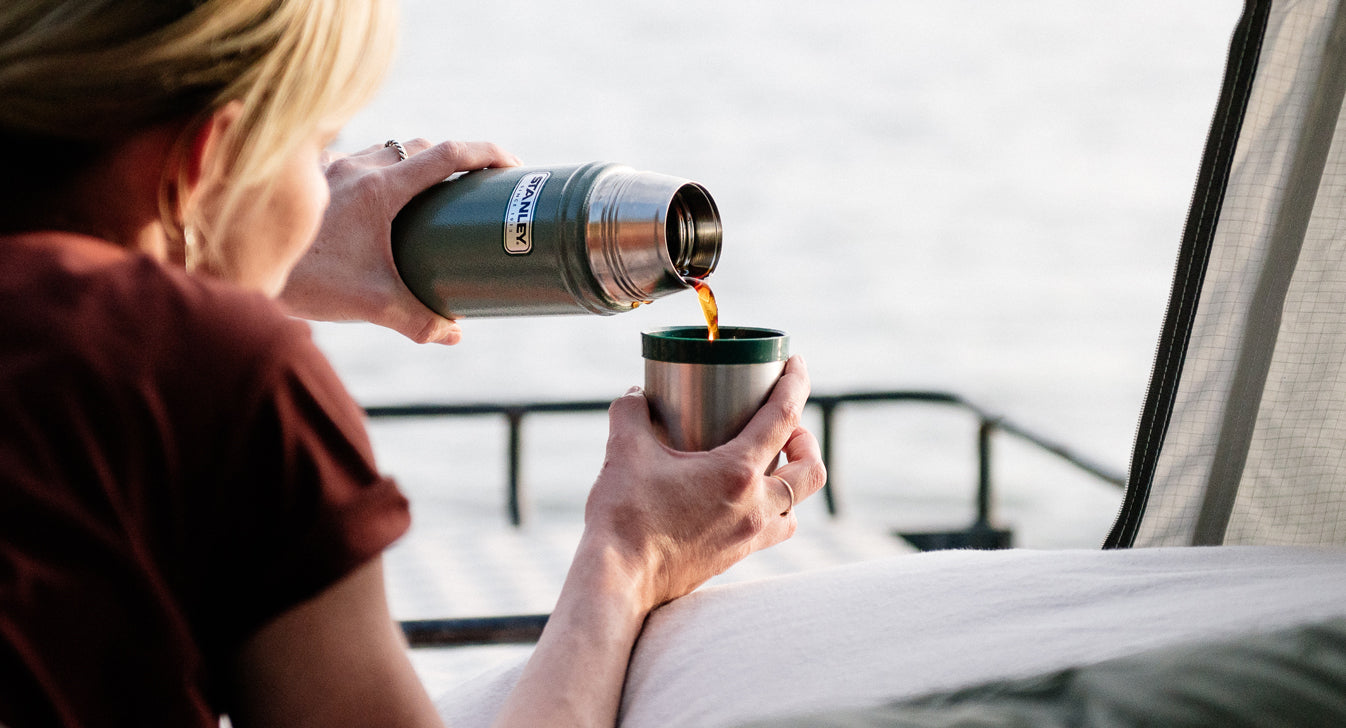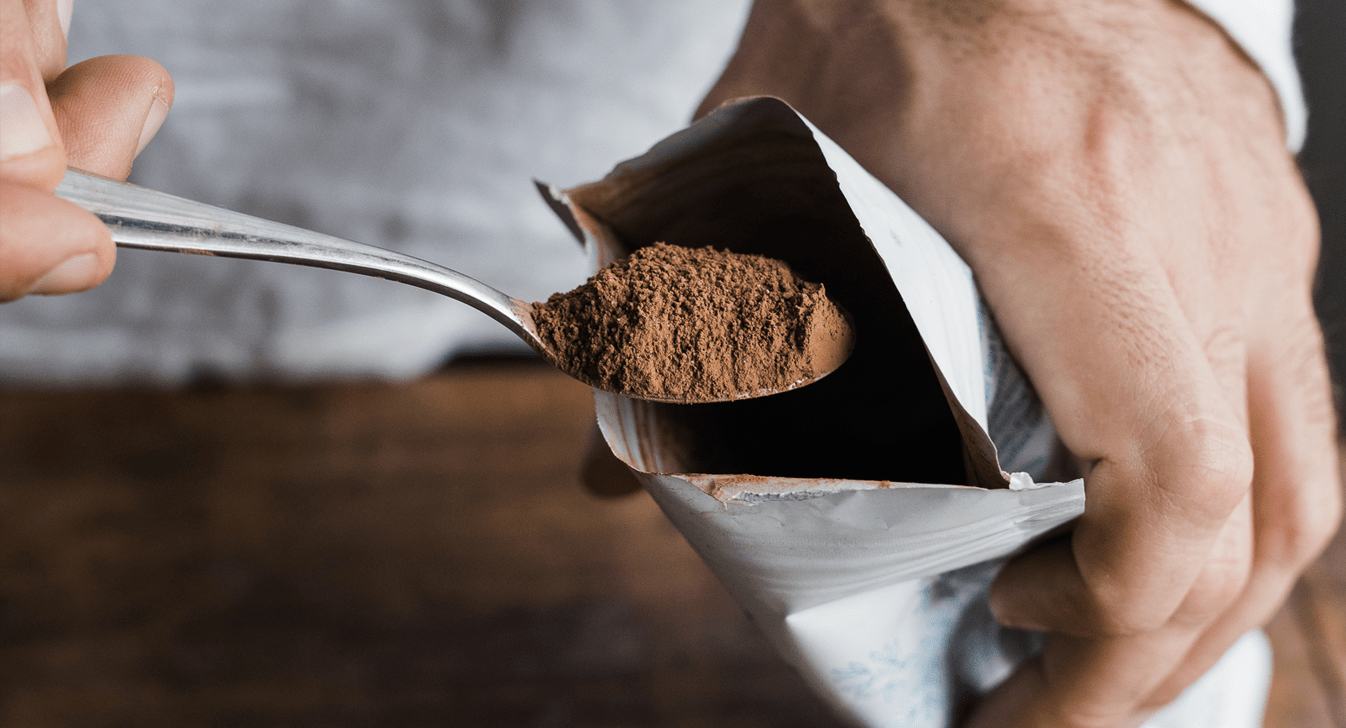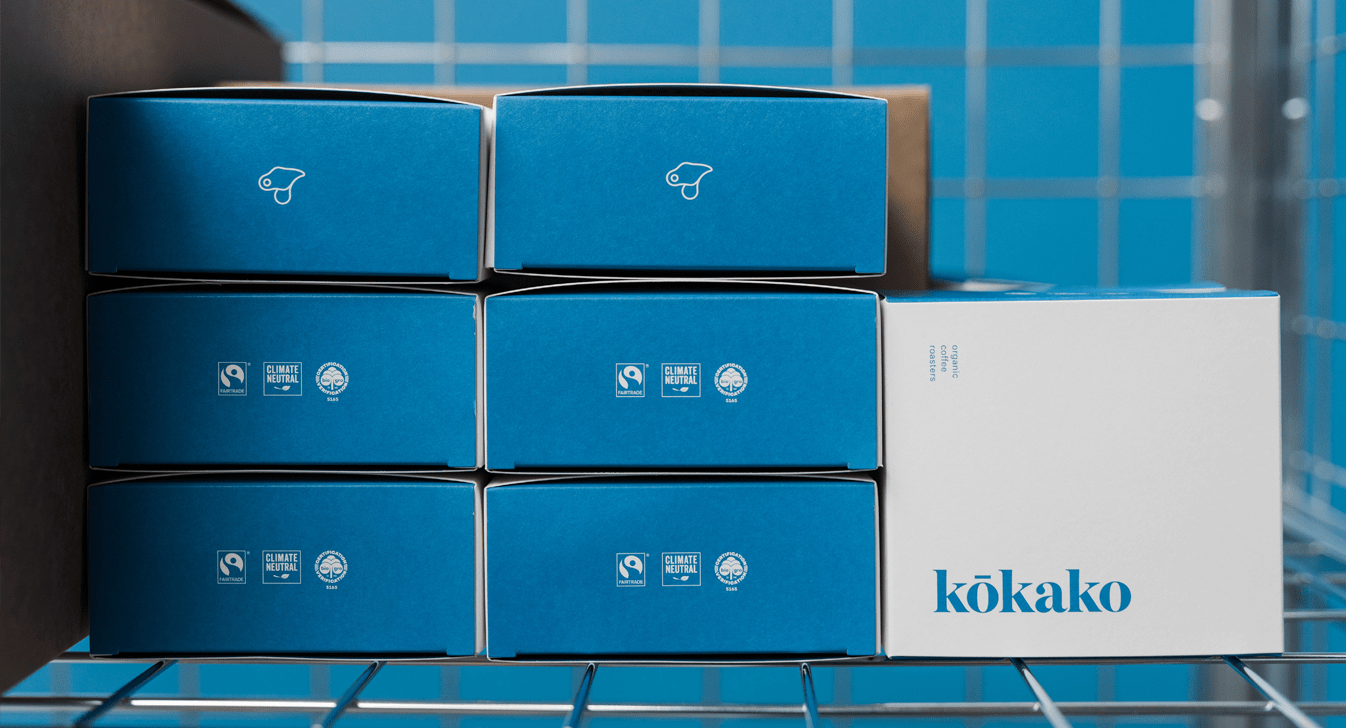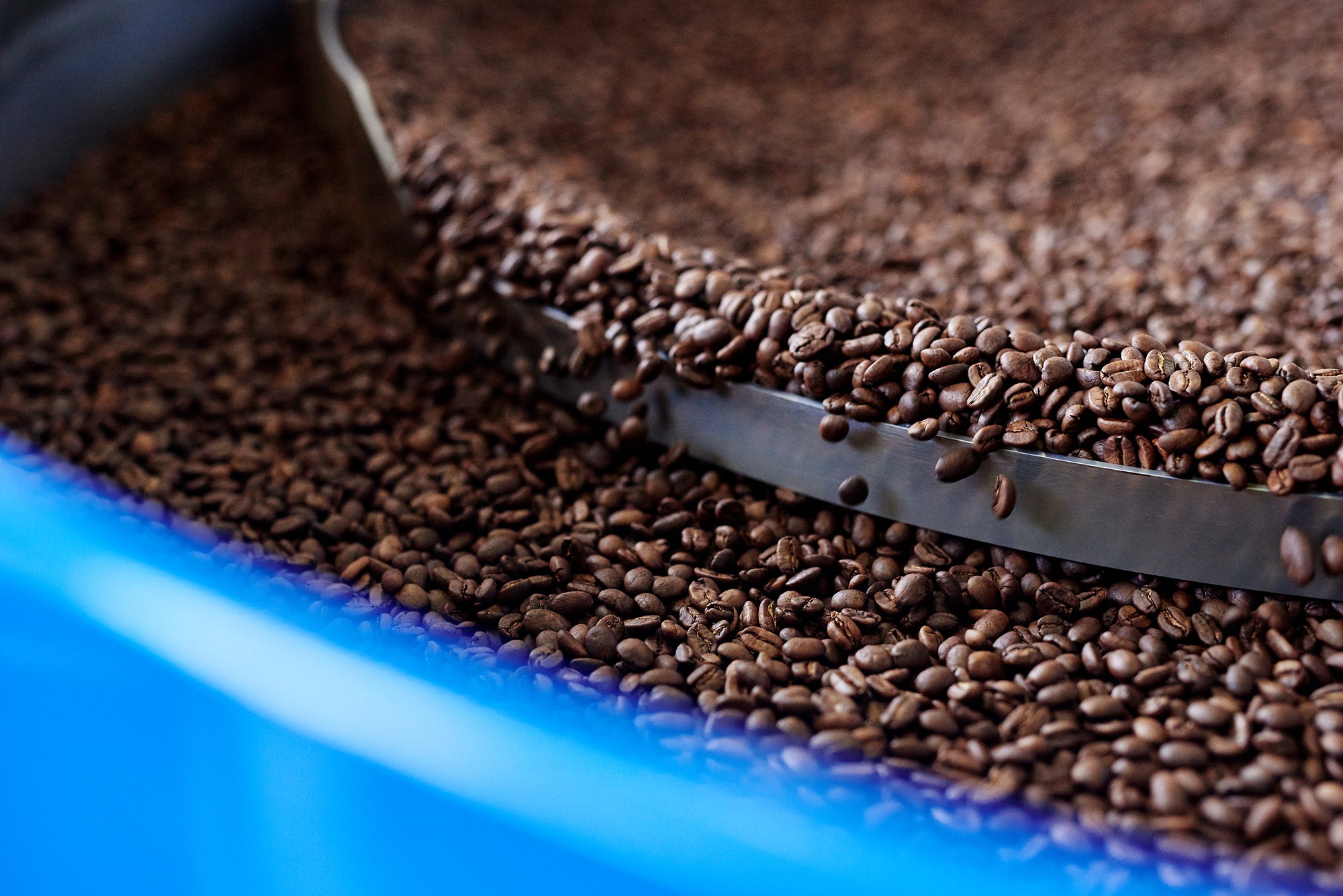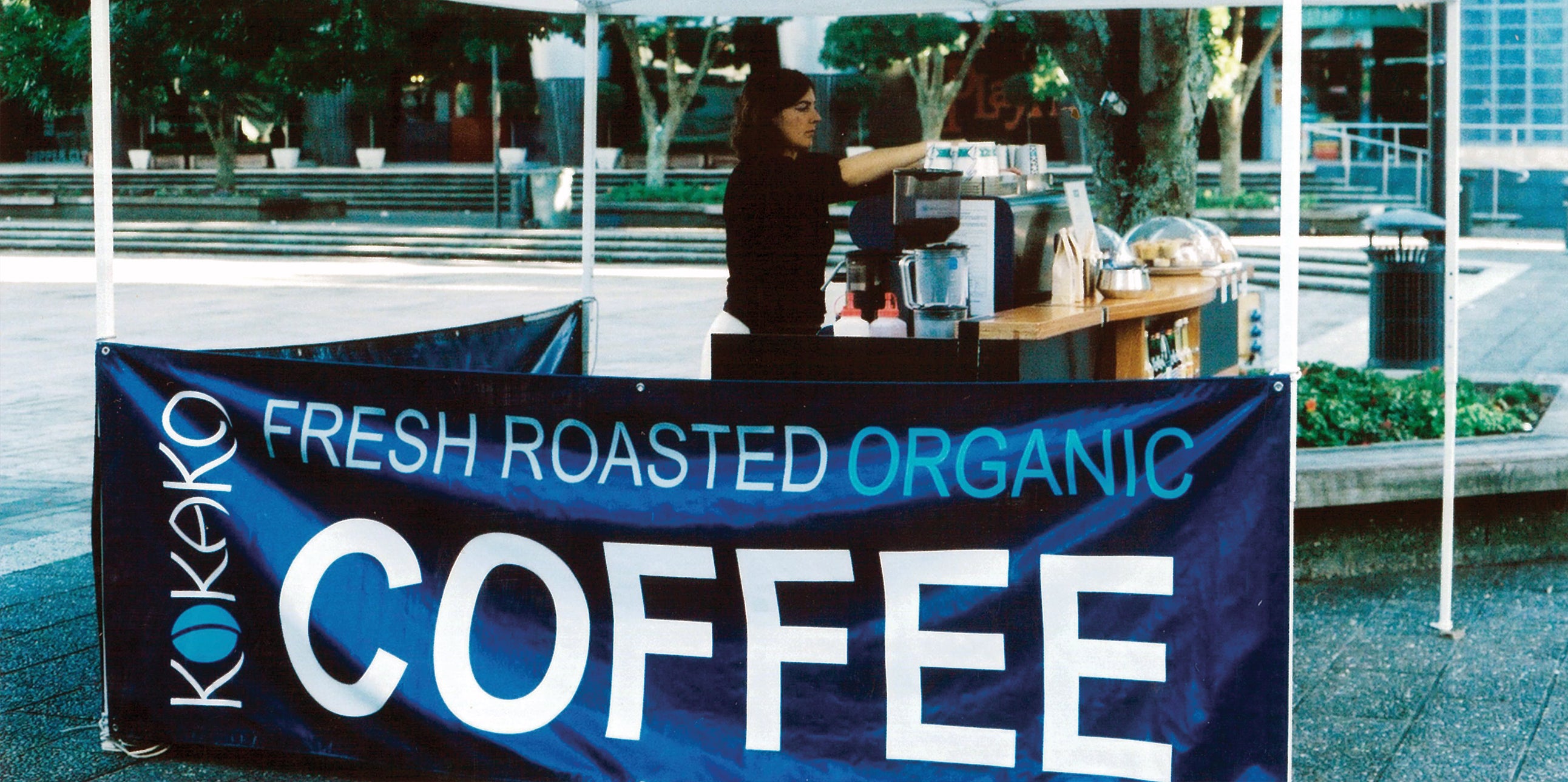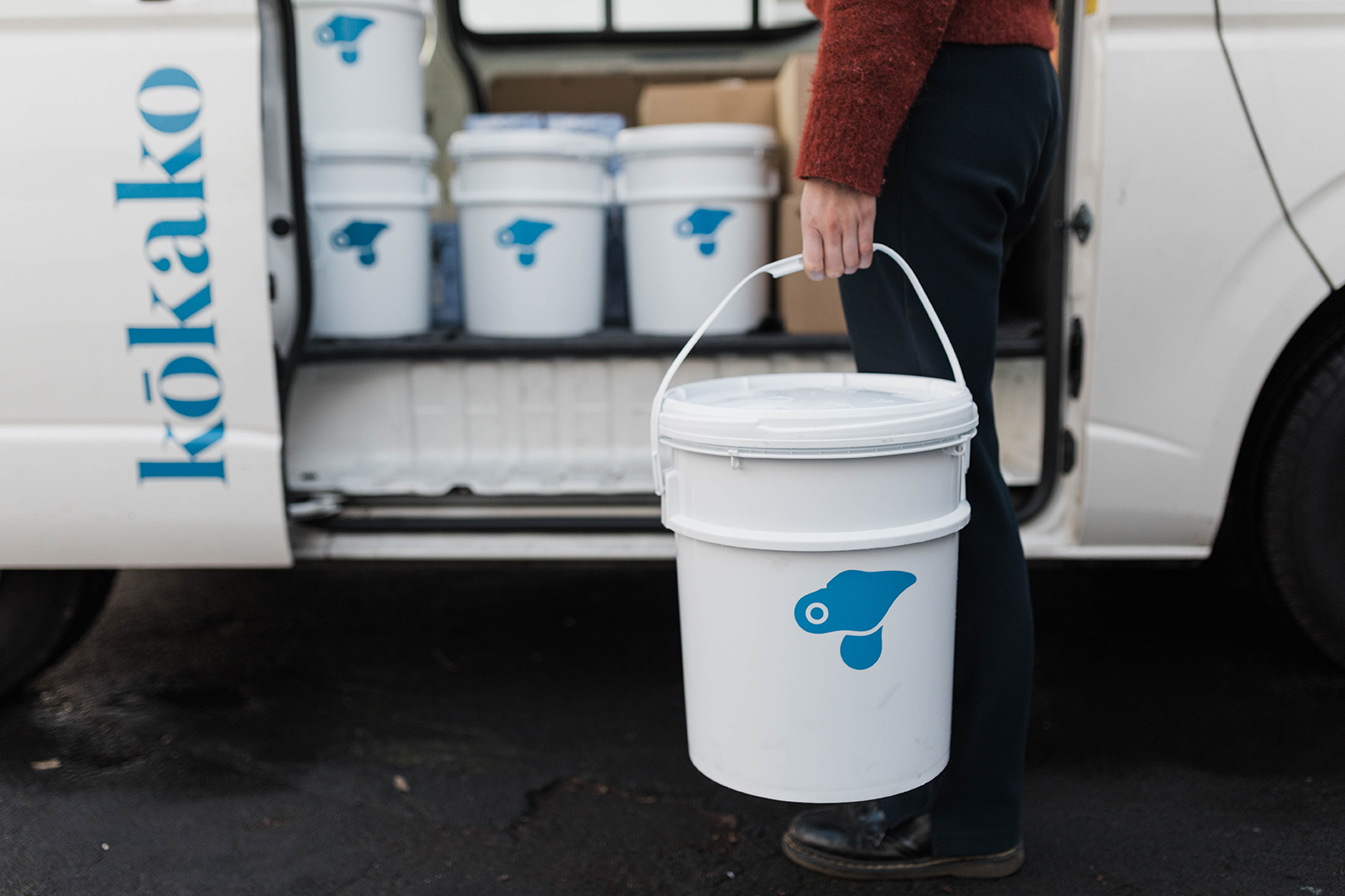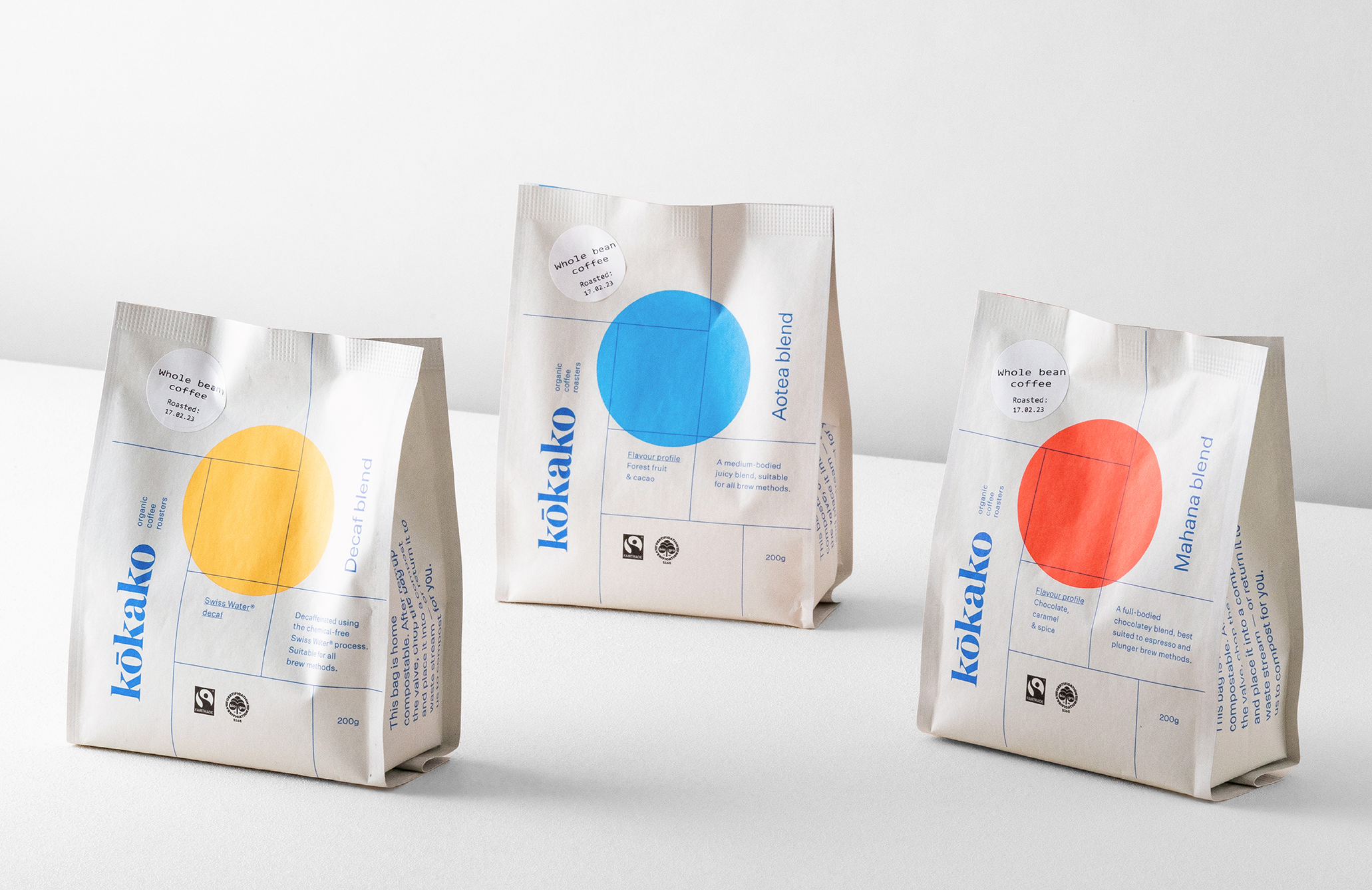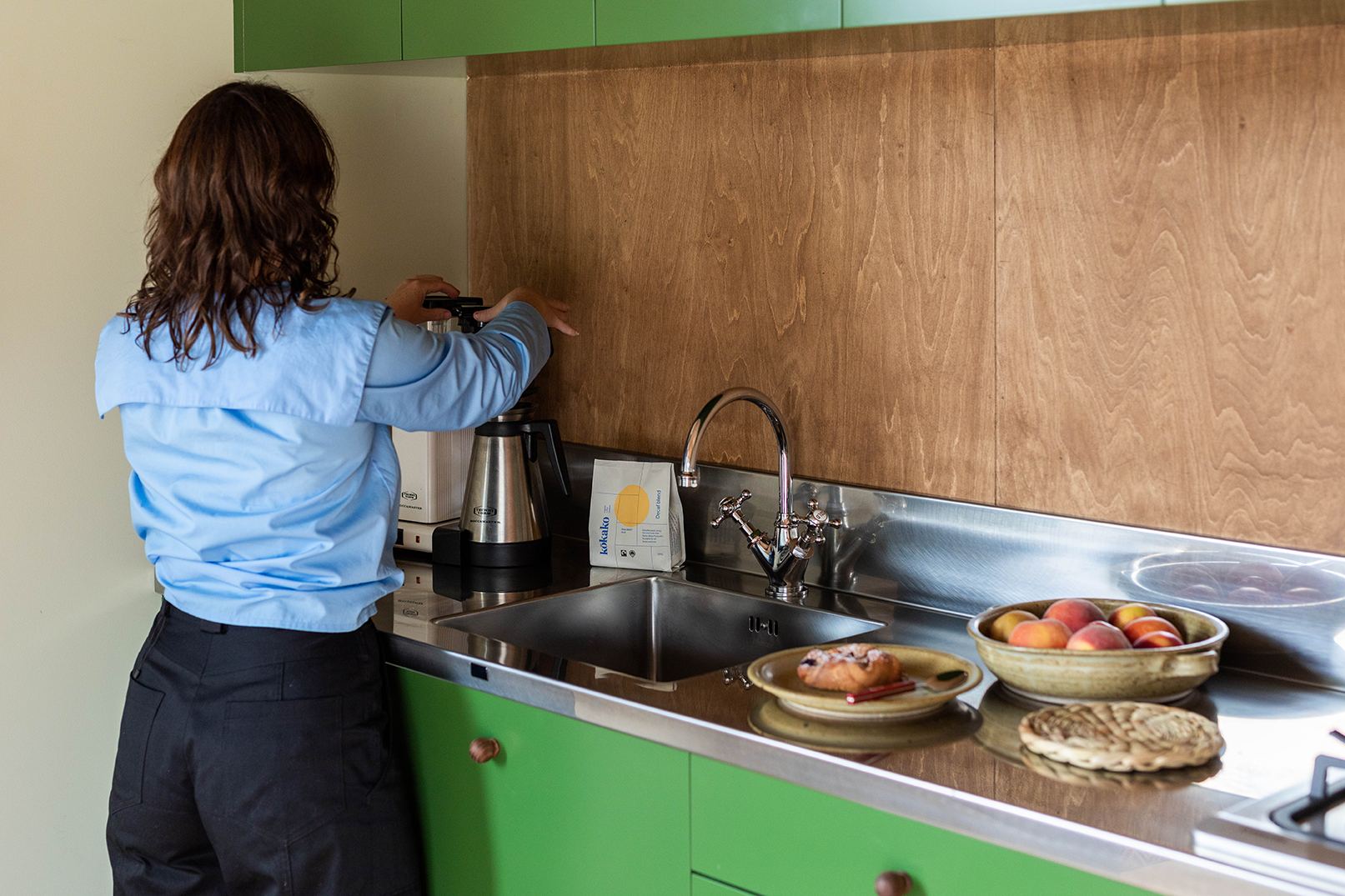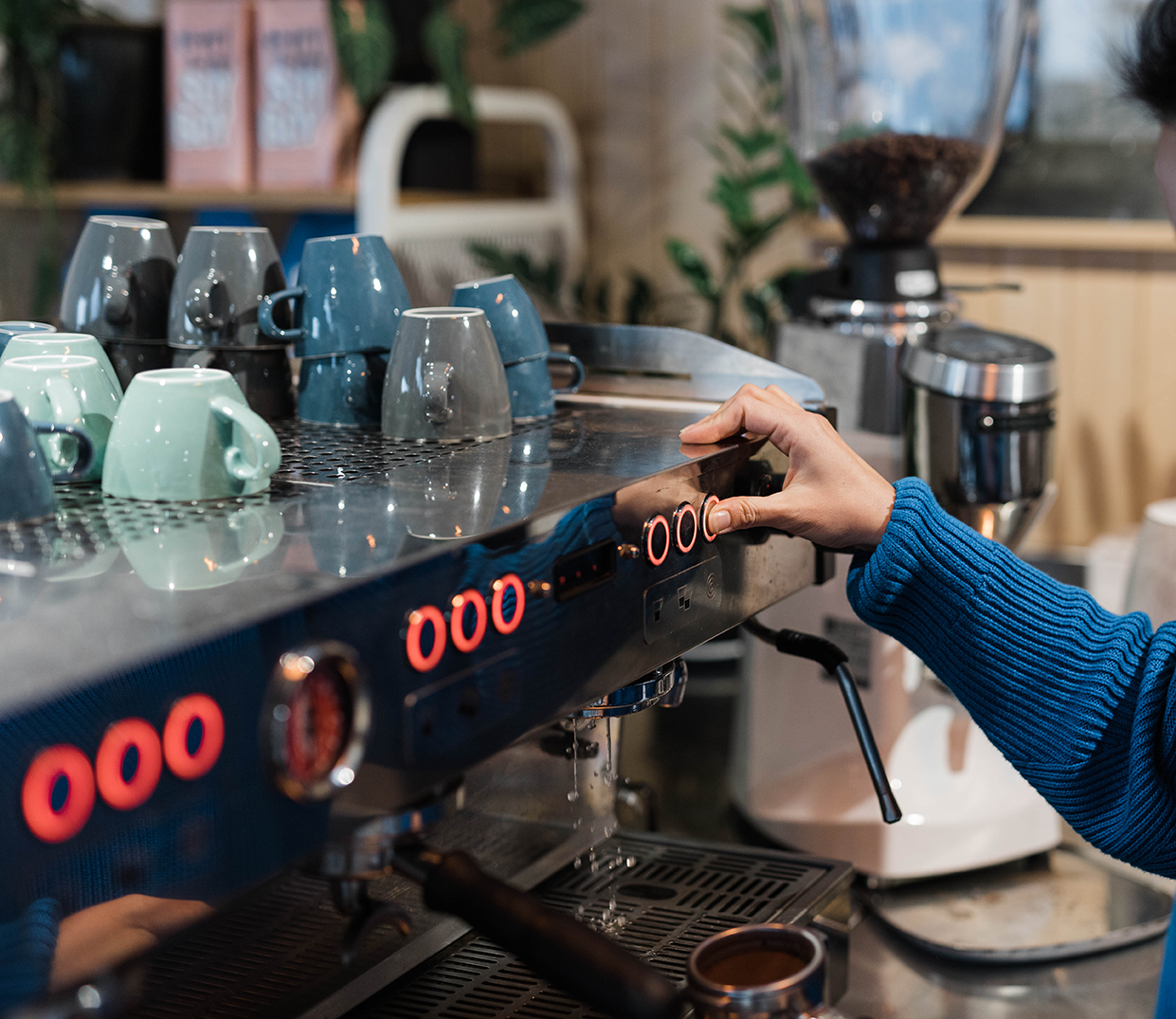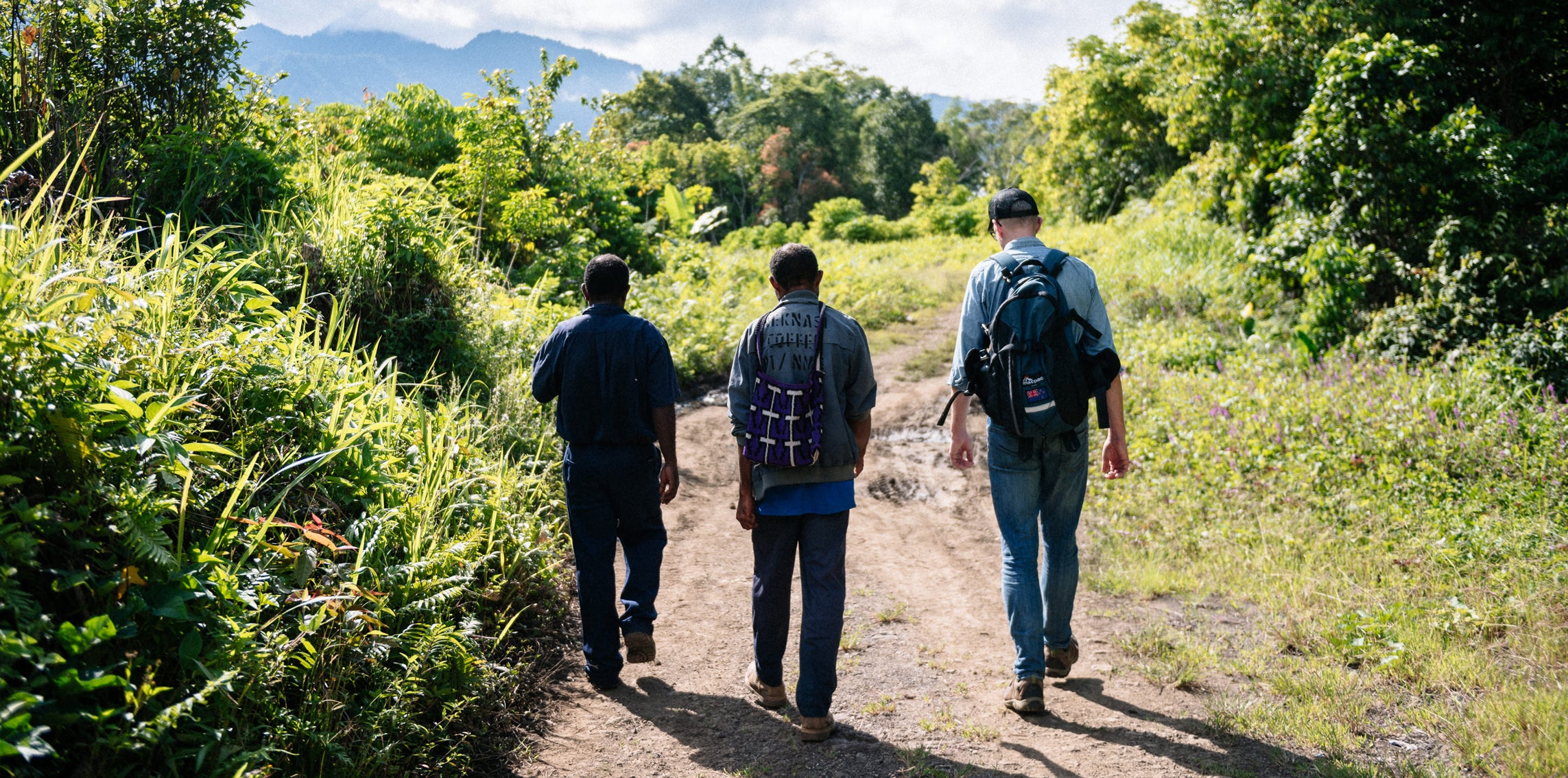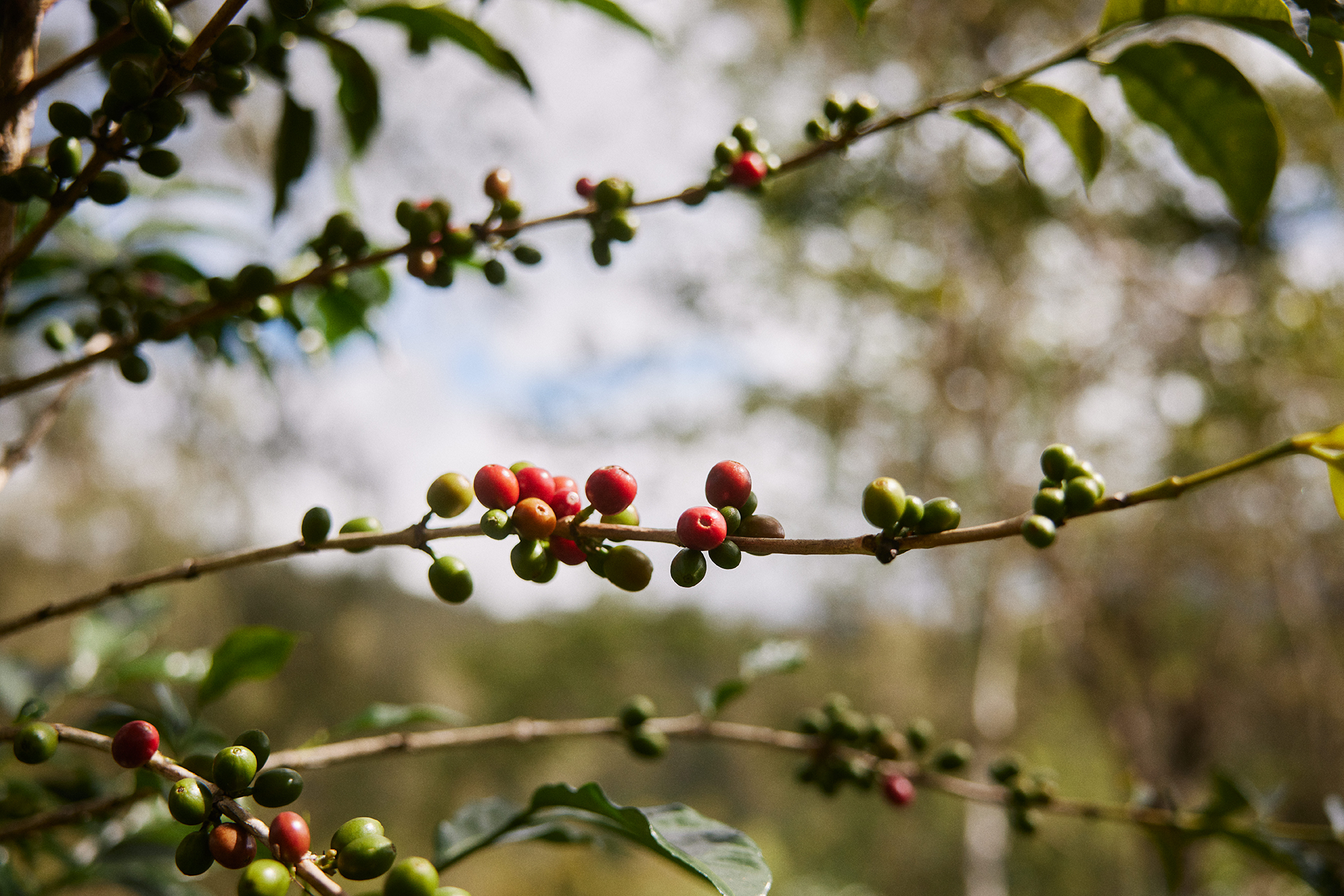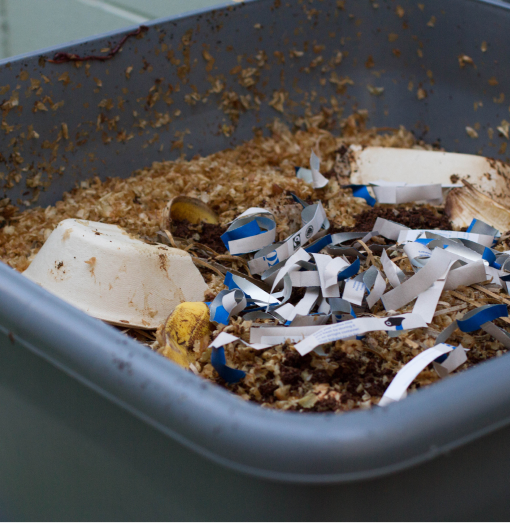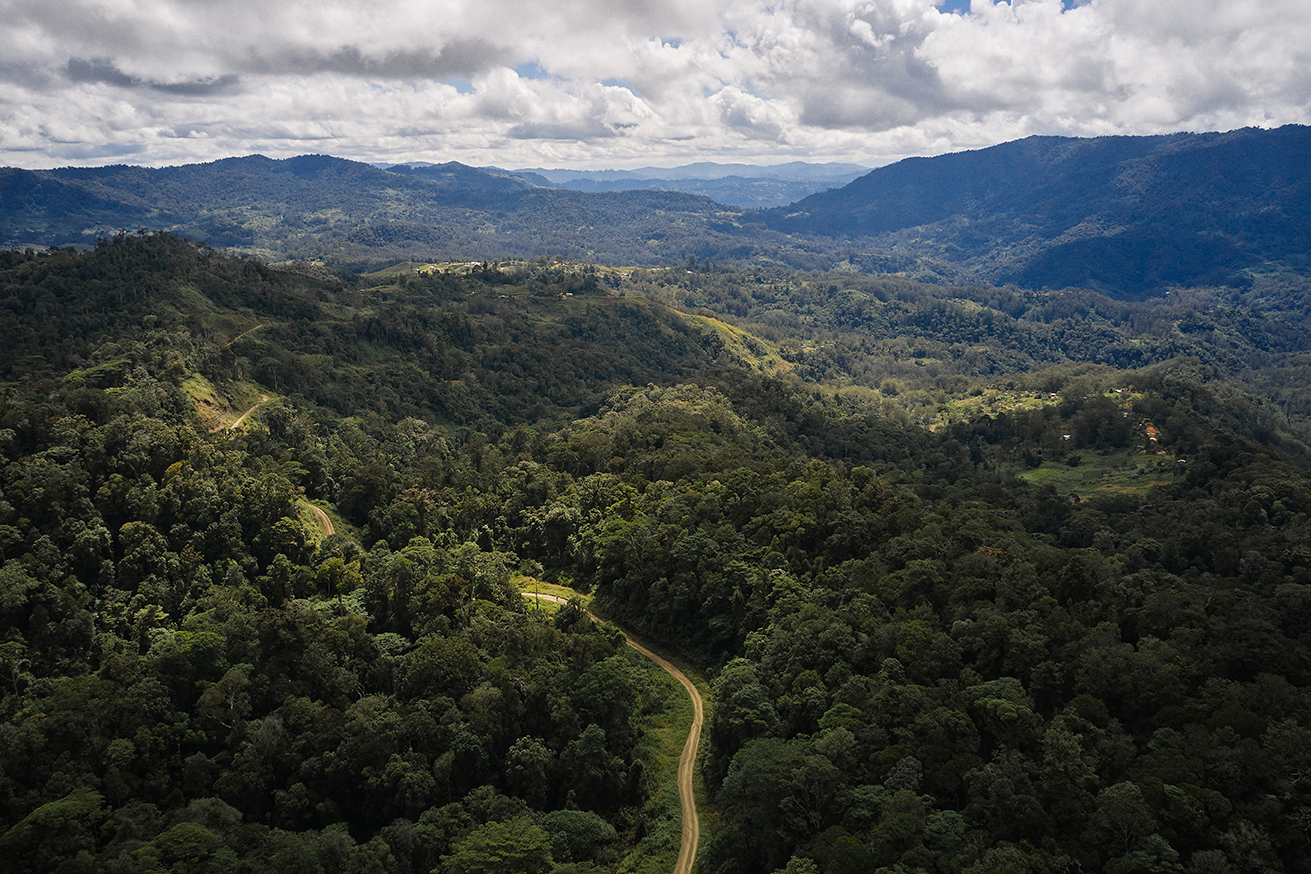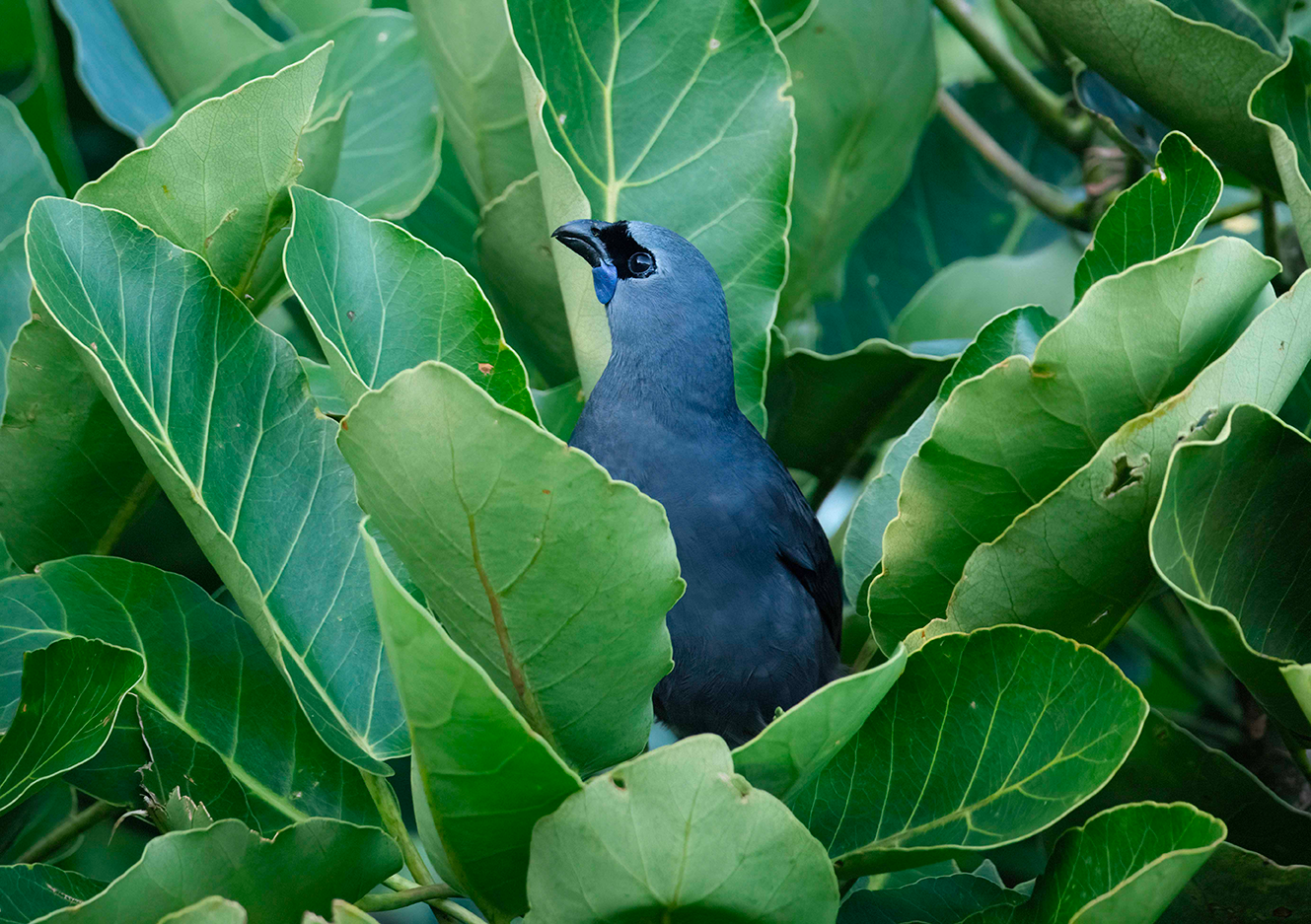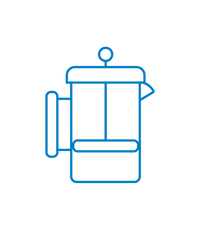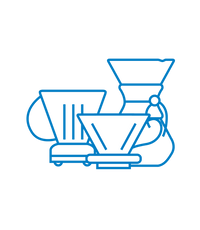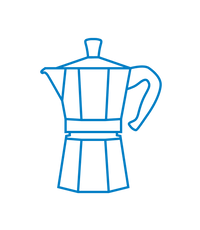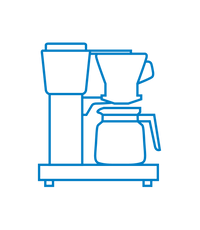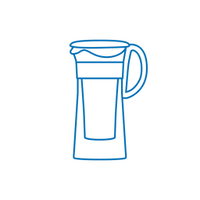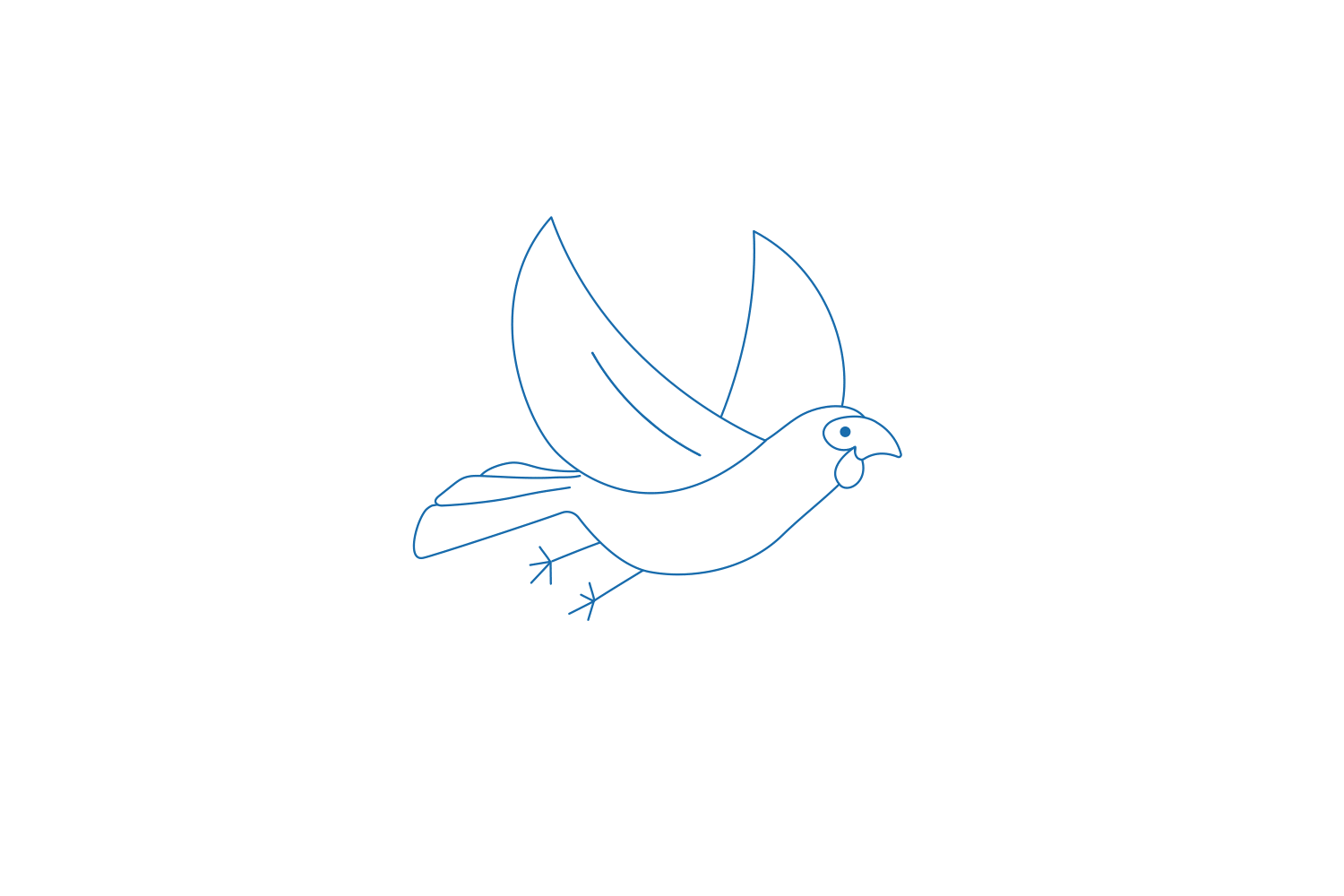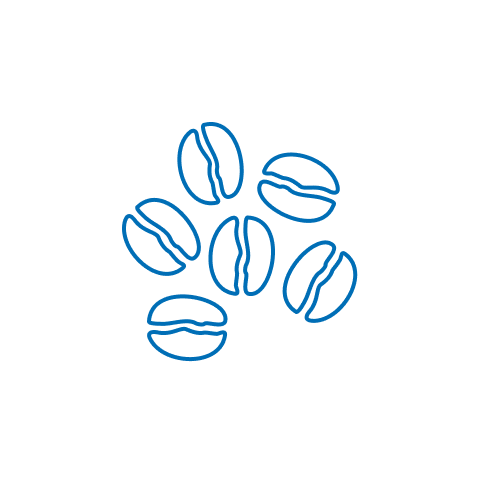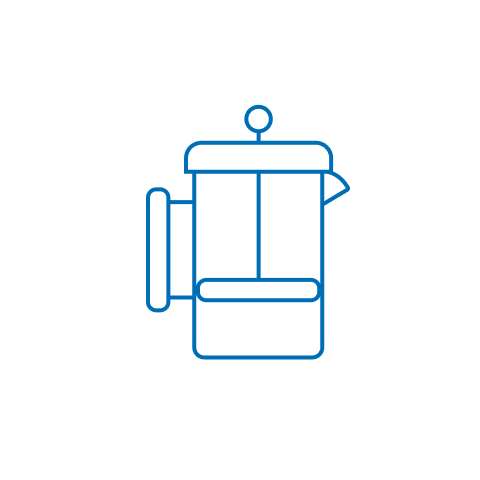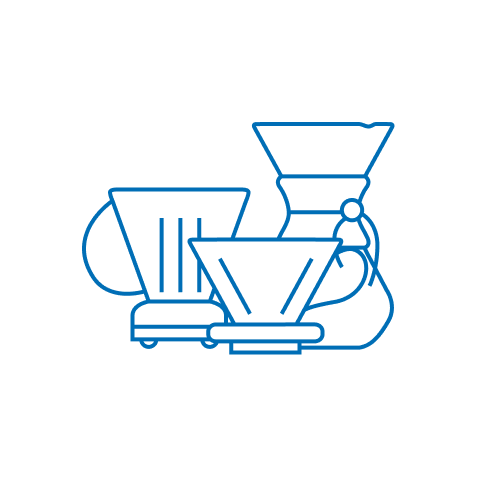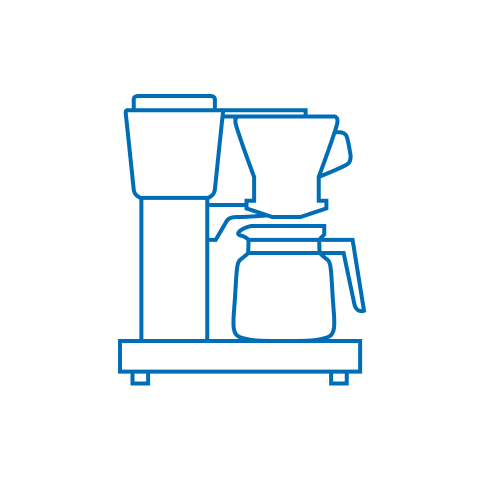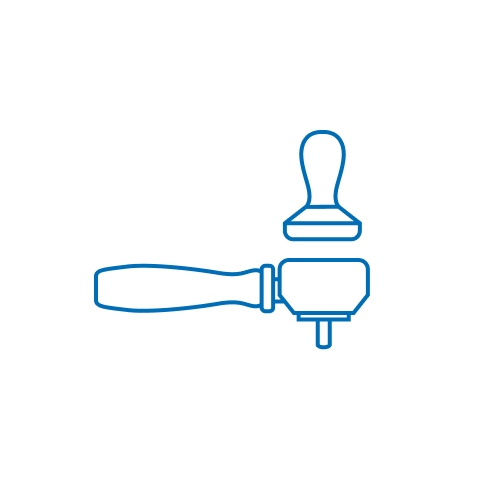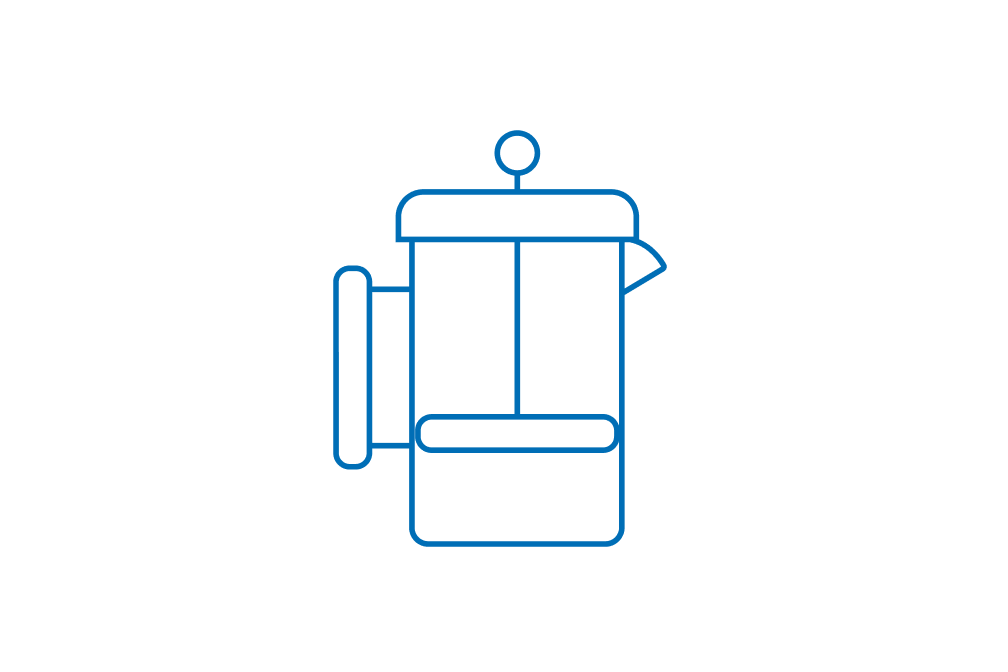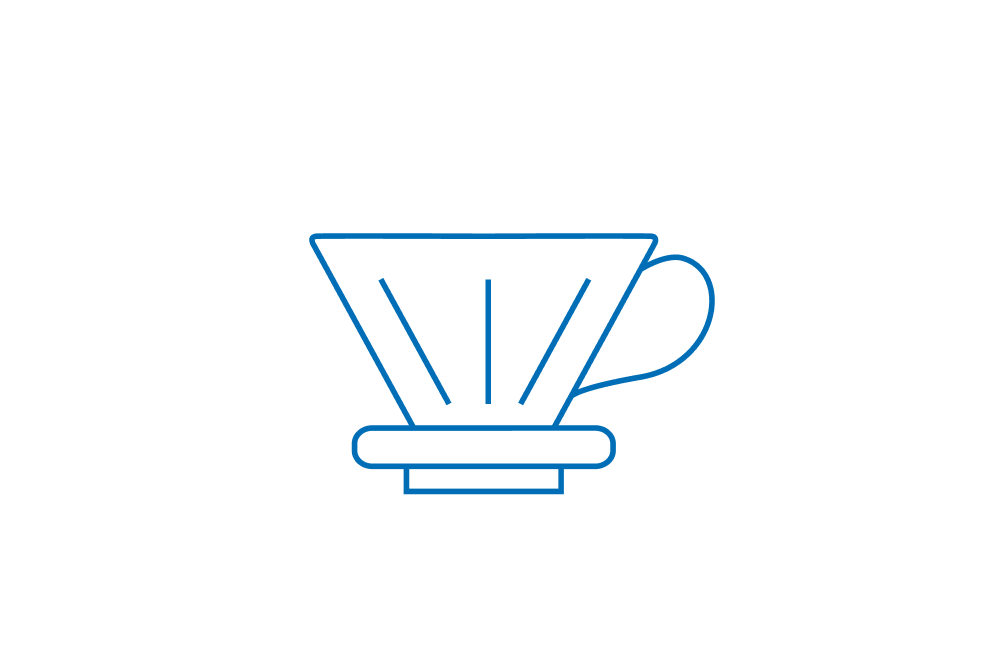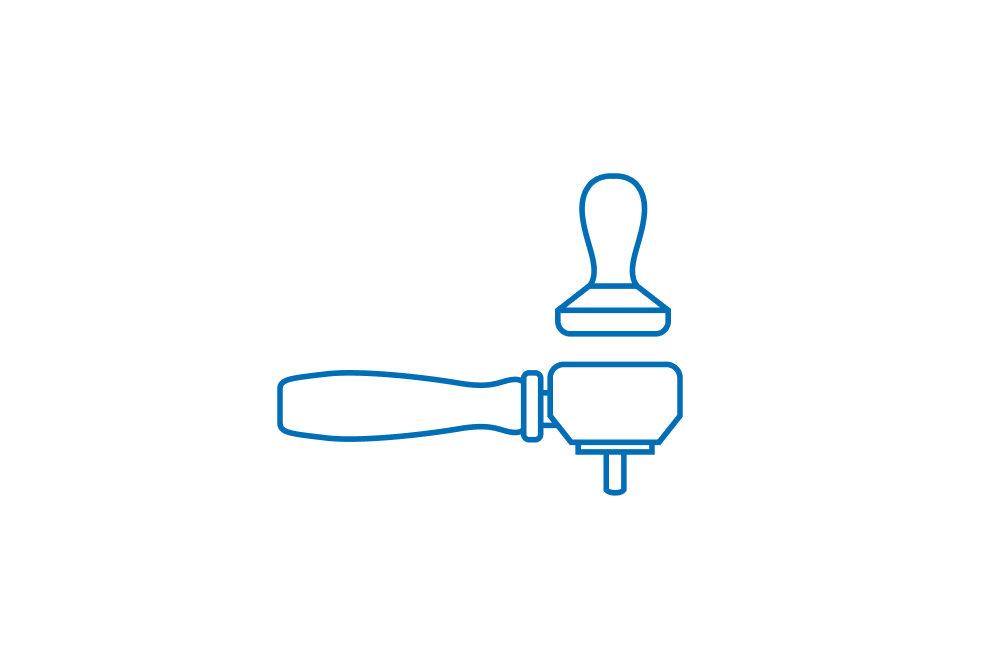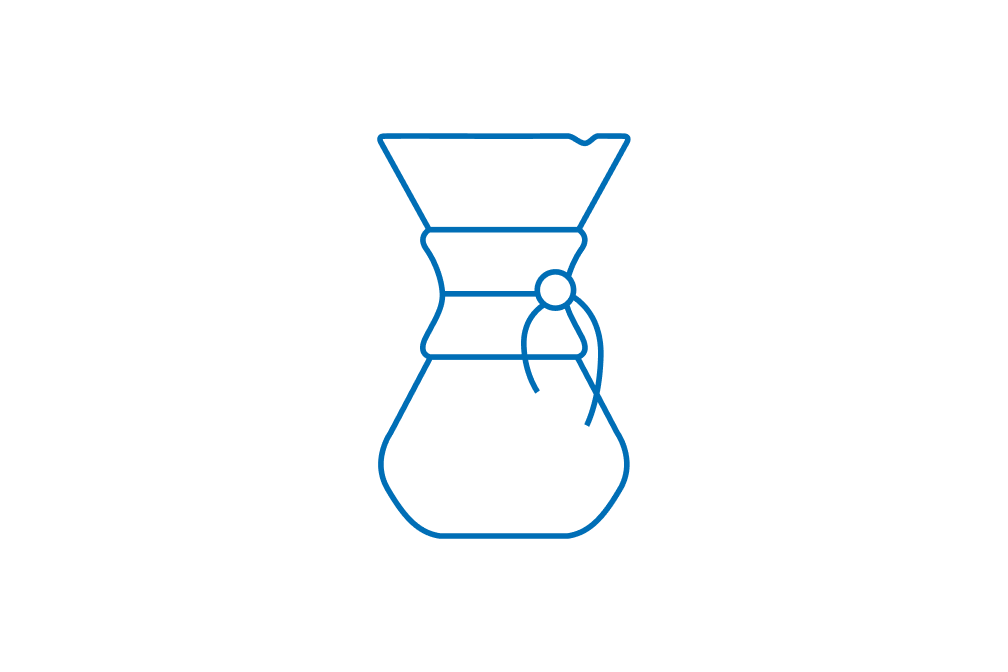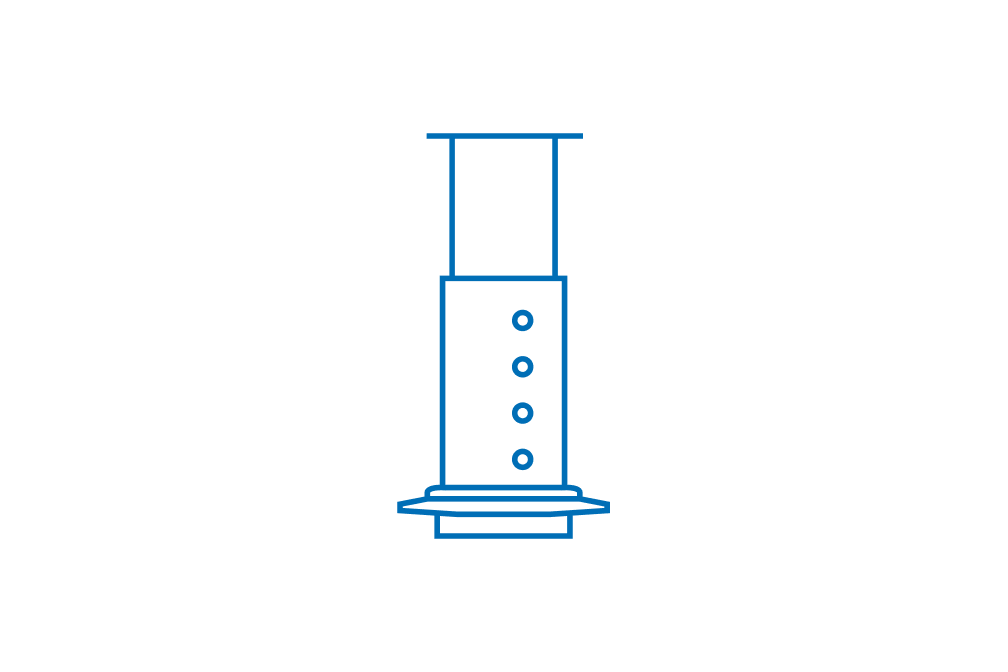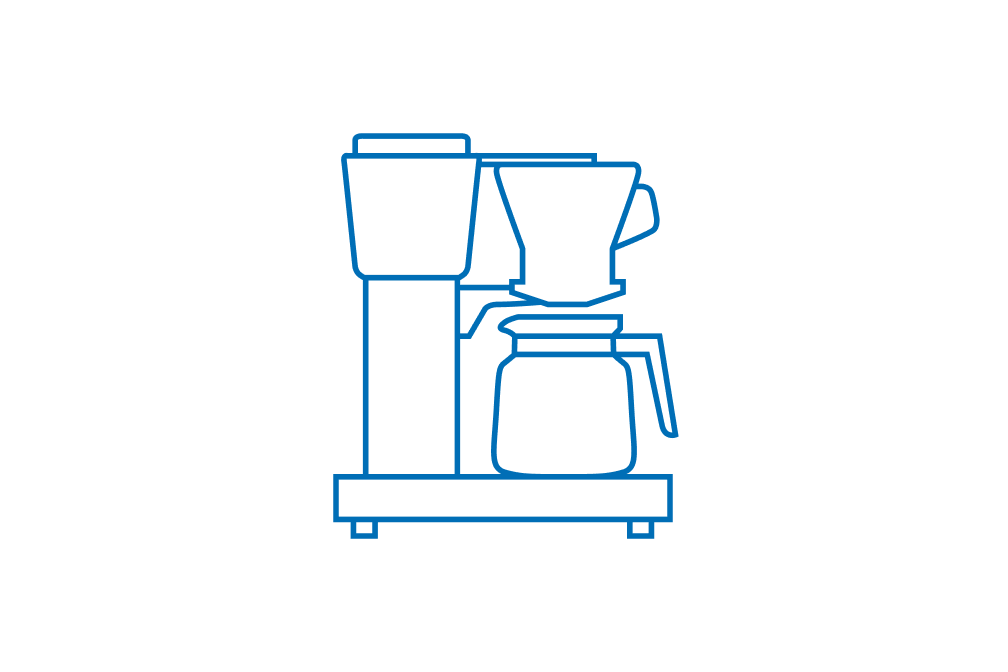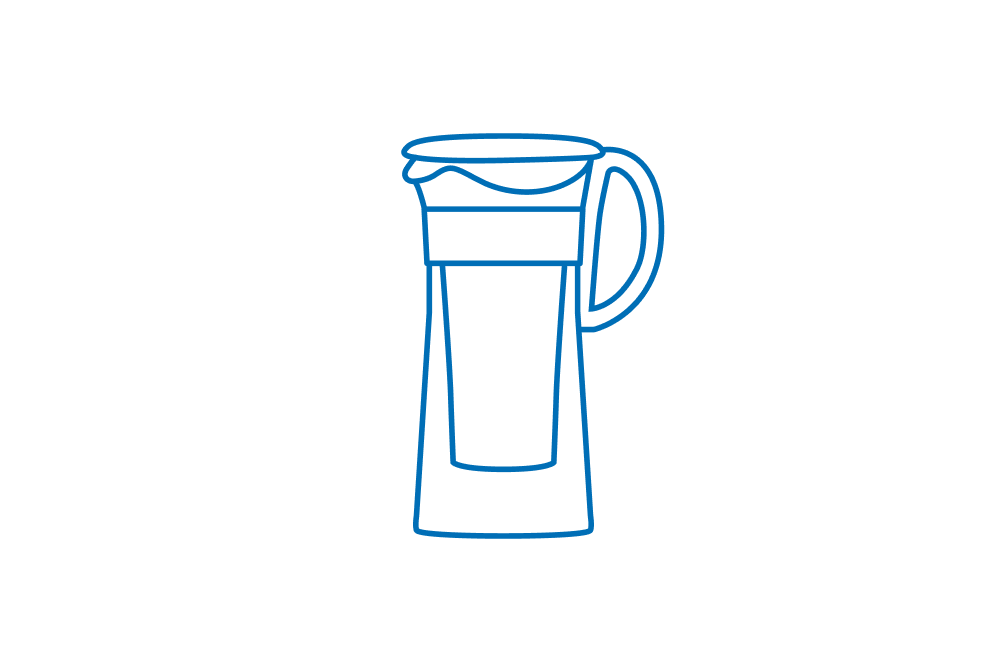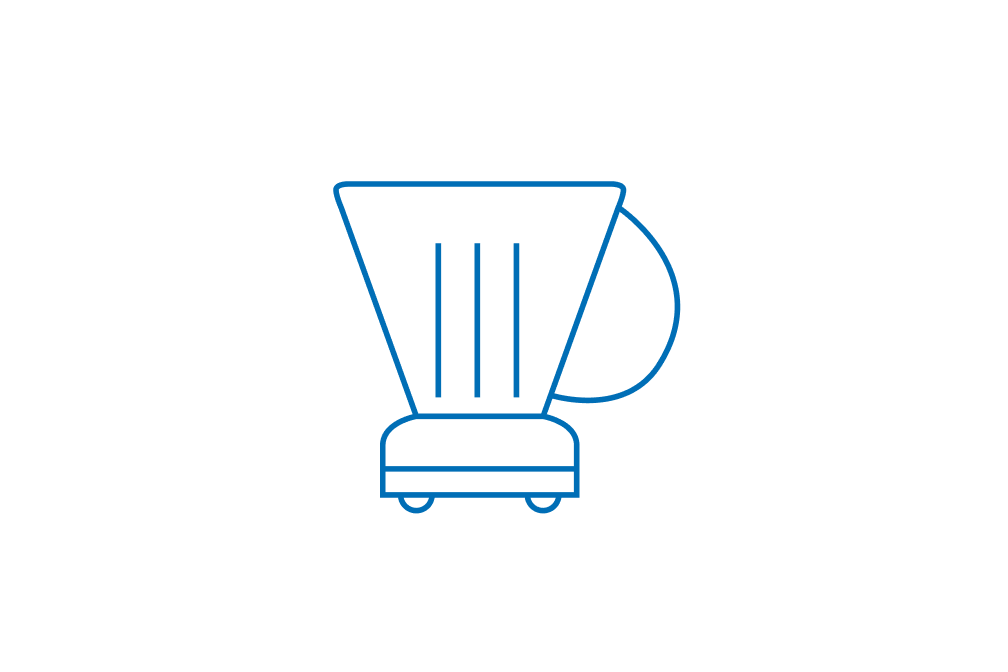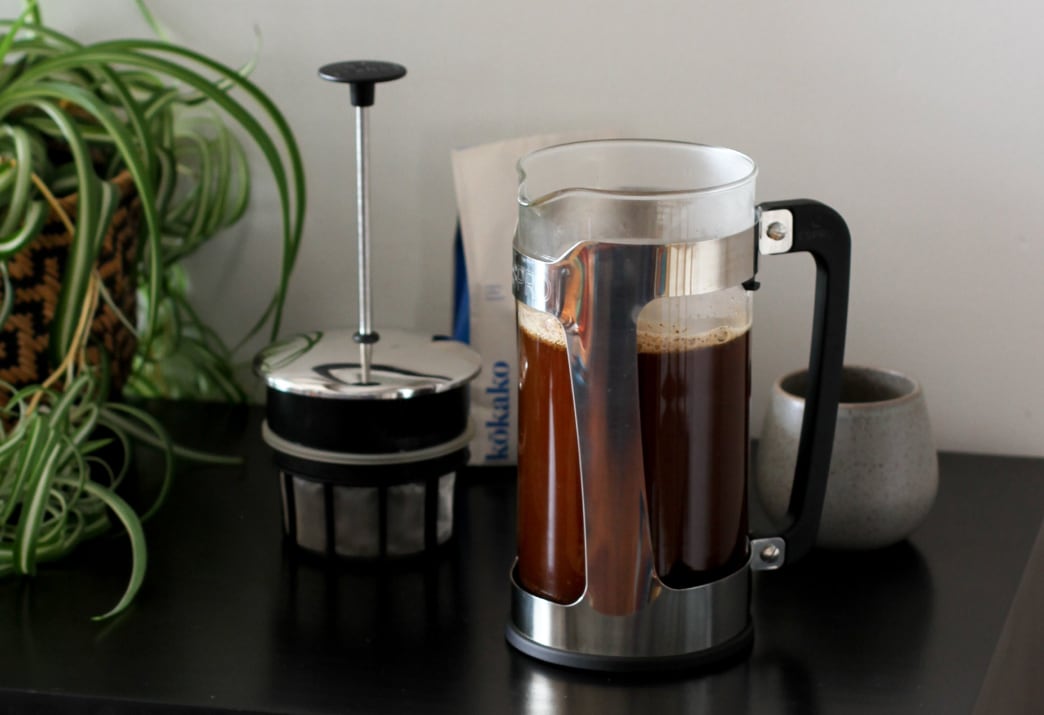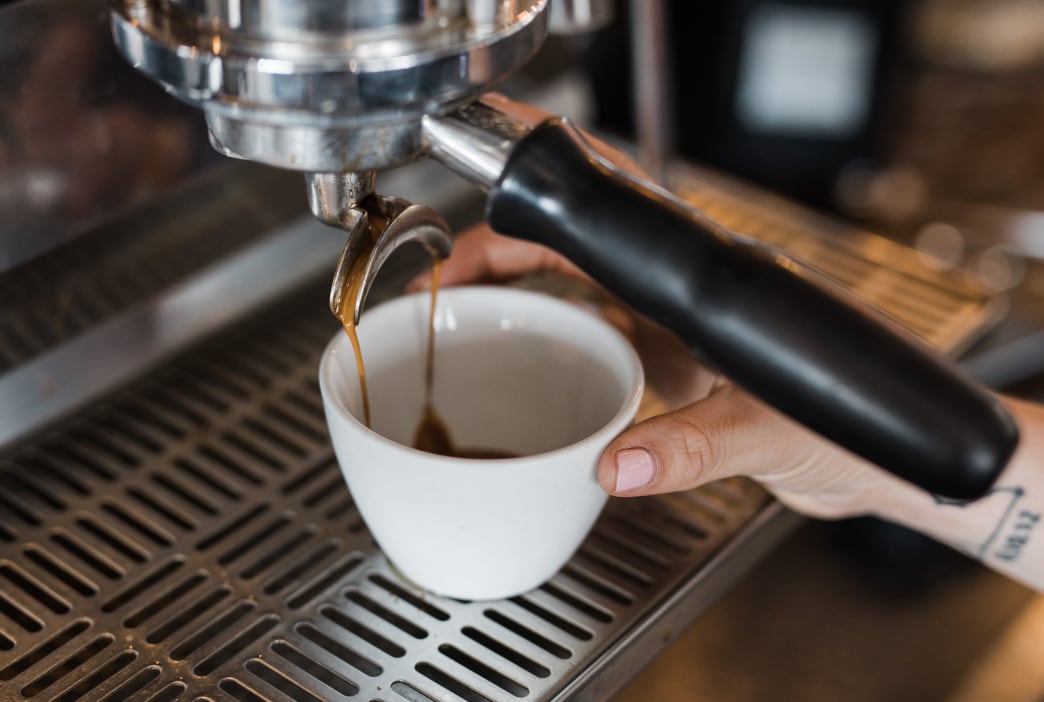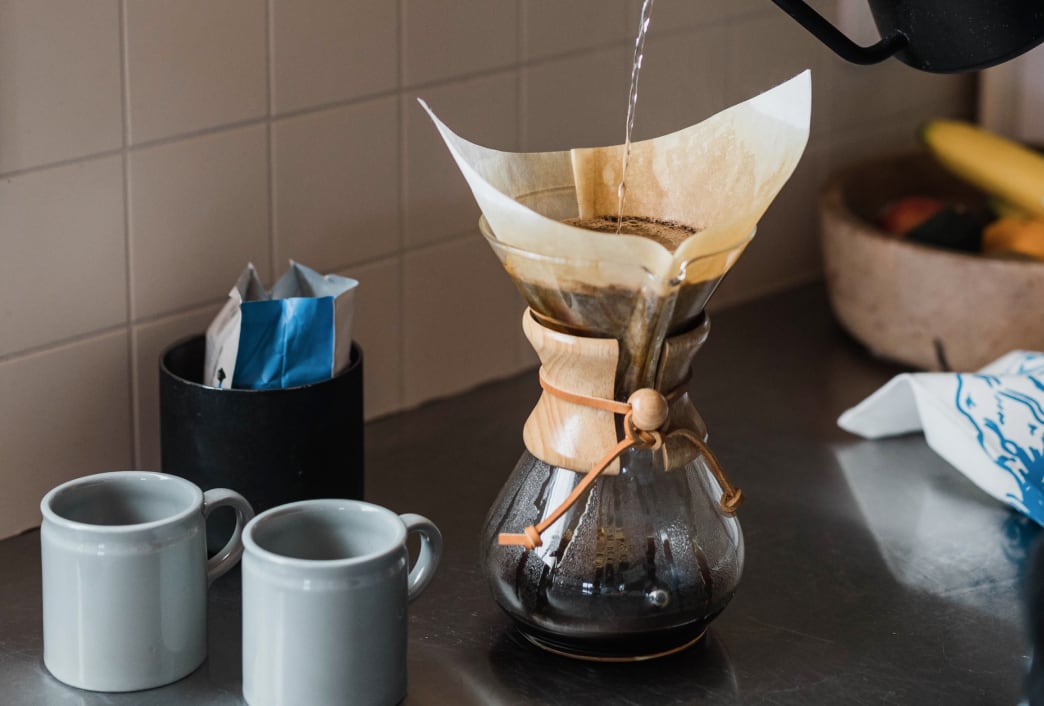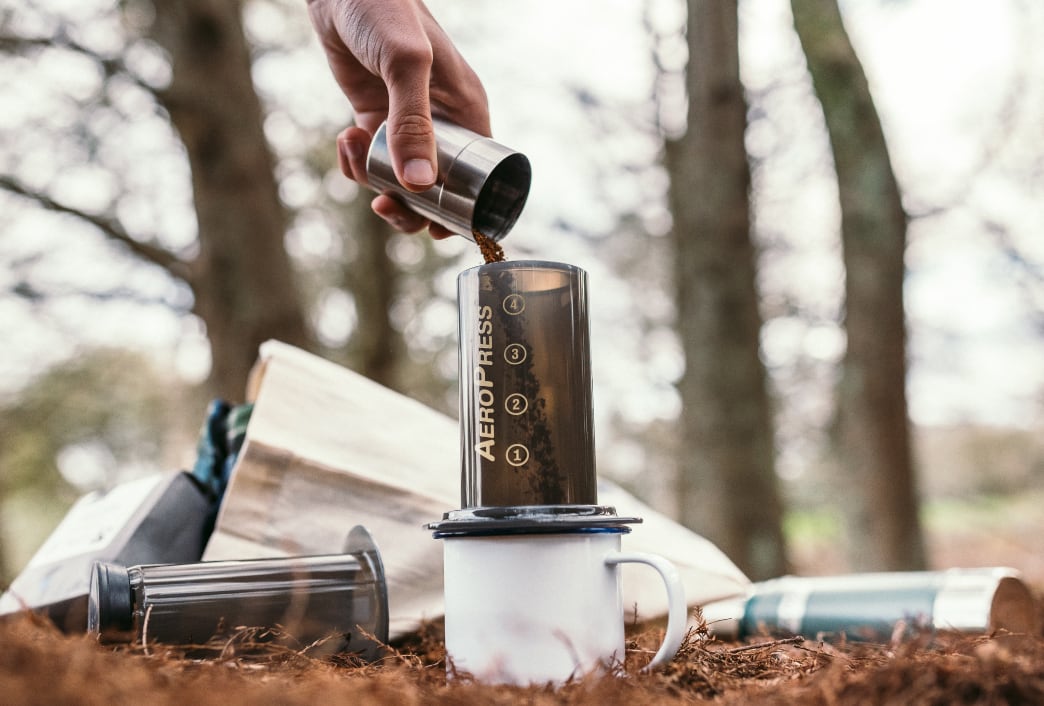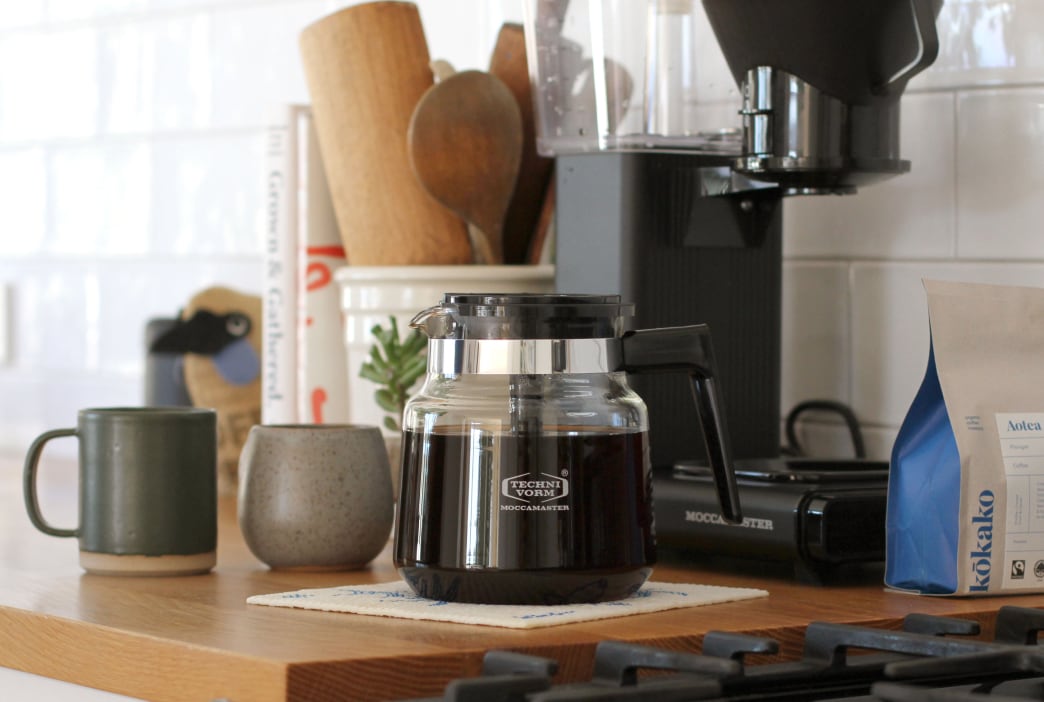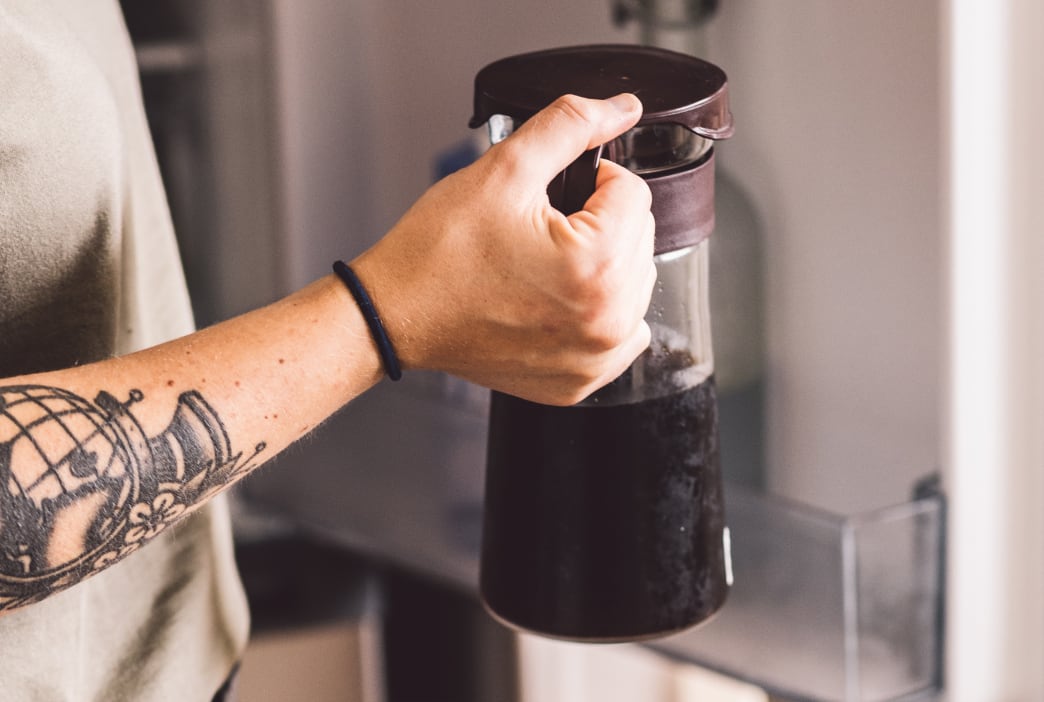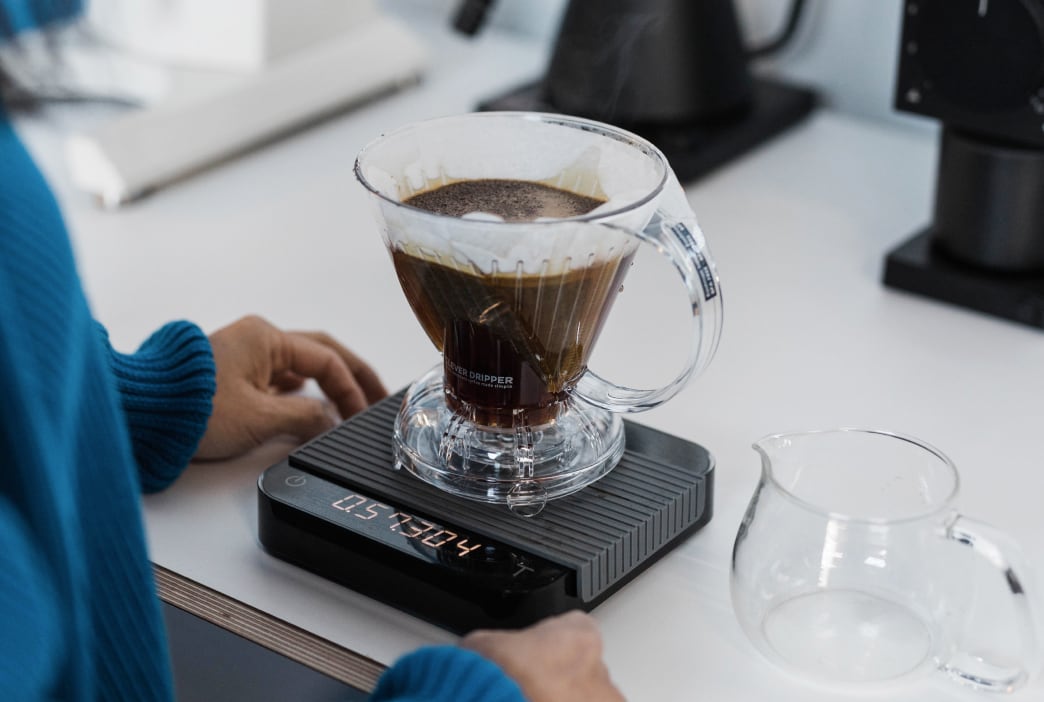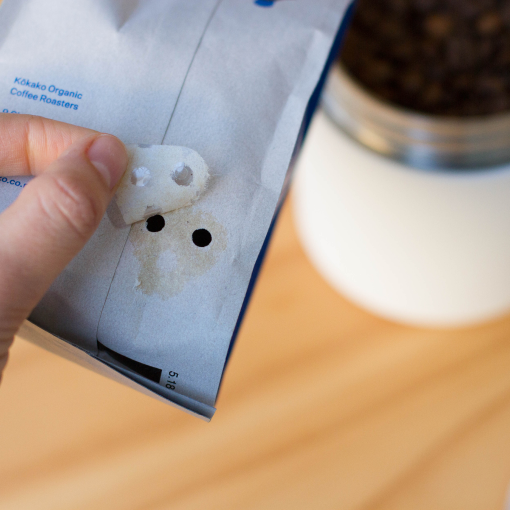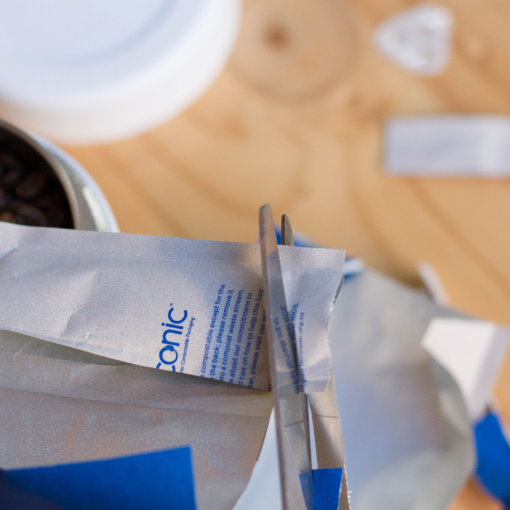By Mike Murphy
Quality is a word that is used a lot these days in Specialty Coffee. Not just because it is important to roasters and their reputation amongst consumers and their peers, but also because it is one of the biggest differentiators when comparing and cupping coffees. And because price should never be the key driver of coffee procurement. But how do we reinforce quality throughout our entire supply chain? How do we ensure that the coffee we are buying not only meets our internal quality standards but will continue to improve in the next 5 or 10 years?
For us, the answer lies in education and an obsessive approach to understanding our supply chain. It takes a well-resourced roaster to document every facet of their supply chain for each of their origins (Kokako buys from over 10 different origins at present), so we’ve made a conscious effort to focus on the coffee we source from PNG. Previous blog posts have covered the work we’ve done in PNG in 2013 and 2015, but our most recent trip was entirely different.

Members of the Keto-Tapasi Coffee cooperative arrive in Lae ready to venture up into the Highlands.
For me the work we are doing in PNG is far more than ‘supply chain management’ , but rather a personal and professional quest to add significant value and create long-standing relationships and knowledge sharing - this is already producing mutually beneficial outcomes.
We’ve been working really closely with the Fairtrade ANZ team for some time on our collective commitment to sourcing and roasting quality specialty Fairtrade Organic Coffee. There is a common misconception that Fairtrade is just about ethics and a minimum price guarantee for farmers, but it is about far more than this. The level of knowledge and detail that goes into quality projects led by Fairtrade representatives on the ground at origin is incredibly comprehensive. My most recent trip with the Fairtrade team highlights this. In fact we covered so much that I’ll need to tell you about it in three separate posts.
In May 2017 I joined representatives from Fairtrade ANZ for a comprehensive 10 day quality and education workshop with Papua New Guinea (PNG) Coffee Cooperatives. We travelled with NZ-based photographer Josh Griggs who documented the training and the landscape.


The windy dirt road from Lae to the Neknasi coffee cooperative takes in some stunning scenery of the Western Highlands of PNG.
The focus of the trip was to empower over 30 leaders of 10 coffee cooperatives from across PNG with additional knowledge across a broad spectrum of coffee related activities – literally from crop to cup. The aim was to enable coffee cooperatives to understand how quality improves sales, discuss future channels to new markets, and to provide the cooperatives with the tools to future-proof their coffee for the specialty coffee market. It involved one of the most comprehensive training schemes ever undertaken in one week across field visits to the Neknasi Coffee cooperative, in the Western Highlands of the Morobe province of PNG, and in dedicated interactive classroom-style training at the National Agriculture Research Institute (NARI) in Lae.
“The garden is your office”
Cooperative leaders received intensive hands-on training from Will Valverde of Fairtrade ANZ (who originally hails from a coffee cooperative in Costa Rica) and Juan Pablo Juarez (a qualified coffee Q Grader and specialty coffee company owner). The learnings included the importance of consistency, soil quality, plant husbandry and pruning, coffee tree varietals, pest mitigation and optimum coffee cherry ripeness.

Will Valverde of Fairtrade ANZ.
Coffee farmers not only face potential complications from inclement weather patterns but also from bugs such as Coffee Berry Borer (CBB). The borer is starting to affect a number of coffee farms primarily in the Eastern Highlands region of PNG. It was not present on the farms we visited which were in the Morobe District of the Western Highlands, but the groups were reminded not to be complacent.
The group were reminded that cultural change is one of the most important inhibitors to CBB – since the bugs are attracted to the sugars of the coffee cherry farmers were reminded that they must collect all of the coffee cherry – not only from the ground but also from the trees at the end of the harvest. We then demonstrated several simple yet effective techniques for managing the pest – including a simple bottle contraption that tricks the bugs into entering the bottle. We also discussed the use of organic fungus that can be used to spray and protect the trees from the CBB.

Demonstration of optimum coffee cherry ripeness for picking.

Pablo and Will demonstrate a simple trap mechanism with re-purposed plastic bottles to mitigate Coffee Berry Borer.
Coffee was harvested from two different coffee farms at Neknasi (each with different plant varietals and soil) with each farm sitting at between 1148 and 1260 MASL (meters above sea level). They were then processed using a variety of coffee processing methods to showcase not only best-practice techniques but also aroma and flavour differentials.


Coop members were tasked with picking the best and ripest cherries for evaluation by the Fairtrade ANZ team.
This involved mechanical vs automated coffee pulpers, a variety of washed, unwashed, and semi-washed processing methods, a comparison of coffee fermenting times, and then a comprehensive outline of best-practice coffee parchment drying techniques on raised drying beds.

After harvesting a mechanical pulper was used, and various processing methods were trialled including washed and unwashed variants.




Particular attention was paid to how ‘floaters’ are identified by putting the pulped coffee into a tube and then pouring it into a bucket of water. For our harvest the percentage of floaters was around 5%. We highlighted to the farmers the importance of removing the floaters from the harvest otherwise they can taint the rest of the coffee and be graded lower.

Identification of floaters.
Another focus was equipment cleanliness and calibration. Farmers were reminded that every part of the process should be as clean and organised as possible. Simple things such as pulpers with left-over cherry pulp or fermentation boxes that had not been washed out sufficiently were highlighted as potential issues for a reduction in quality. And the calibration of each hand pulper was also checked to ensure that the parchment was not crushed during the pulping process.
Several of the cooperatives, including Neknasi, have automated mechanical pulpers (wet mills) which have a capacity of 500kg of cherry per hour. Unlike the hand-pulpers these highly efficient wet mills make light work of the pulping process and allow the farmers to process significantly higher volumes of cherry. Like we did for the hand pulpers significant emphasis was placed on cleanliness and maintenance of the equipment, alongside calibration and best-practice work-flows. Will and Pablo initially ran the machine but by the end of the sessions the machine was being competently run by representatives of each coop.

Molock Terry, Manager of Unen Choit coffee cooperative, takes notes on optimum use of the mechanical pulper session.

“Be a coffee farmer, not a coffee picker, and you can be an agent for change in PNG”
Traditionally PNG coffee farmers and cooperatives do not have much oversight as to what the market requires or how they can add value to their farms or processing methods. The knowledge imparted on this trip was enthusiastically received by the groups. Throughout the field visit the groups and individuals were interviewed with particular focus being paid to not only the geographical nature of each cooperative, but also the social and community initiatives that are taking place.

The Mechanical pulper housed in this small shed at Neknasi cooperative created a high level of farmer engagement and interest.
Look out for my next post, which will cover some of the results of the different processing methods in the field visits; the drying of parchment, storage of parchment and development times. I’ll also touch on our focus on defect identification, coffee cupping, coffee roasting and sensory/flavour evaluation, and an update in some really amazing coffees we are looking to bring to NZ alongside that of HOAC in the Eastern Highlands that we already have.
This level of support for coffee farmers in PNG is unprecedented and shows how NGO’s such as Fairtrade can effectively partner with ethical and socially-focused specialty coffee companies such as Kokako to create coffee education, positive outcomes and empowerment for coffee producers. It also unlocks some exceptionally high-quality coffees for consumers that will in time increase long term social and economic benefits for Fairtrade coffee producers in PNG.
All photography in this post was taken by Josh Griggs for Fairtrade ANZ.
Share
Back to articles
